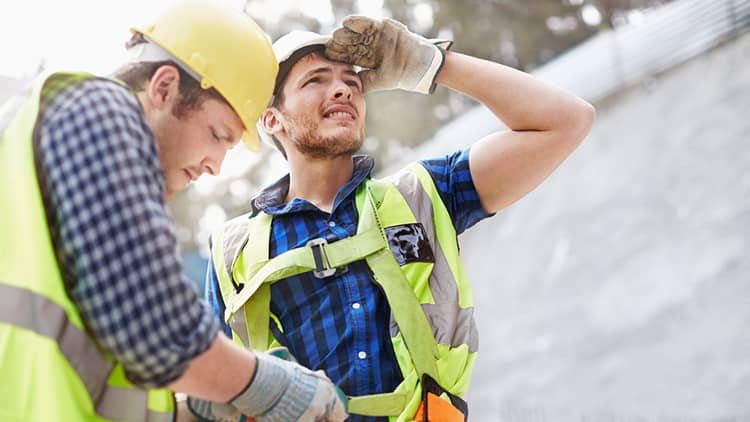Michigan has its official “State Plan,” executed by the Michigan Occupational Safety and Health Administration (MIOSHA) under the Michigan Department of Licensing and Regulatory Affairs.
Despite covering state and local governments, the state plan also applies to jobs in the state’s private sector, with the following exceptions:
- Maritime employment (including shipyard employment, marine terminals, and longshoring, but not including marine construction, which MIOSHA covers);
- Contract workers and contractor-operated facilities engaged in United States Postal Service (USPS) mail operations;
- Employers who have enrolled members of Indian tribes and who own or operate businesses located within the boundaries of Indian reservations (non-Indian employers within the reservations and Indian employers outside the territorial limits of Indian reservations are covered by MIOSHA); and
- All working conditions of aircraft cabin crew members onboard aircraft in operation.
State Plan Standards
Many OSHA regulations have been adopted by MIOSHA by reference, although the following MIOSHA rules deviate from Federal OSHA standards:
General Industry
- Walking-Working Surfaces
- Fire Equipment
- Oil and Gas Drilling and Servicing Operations
- Ventilation for Grinding, Polishing, and Buffing
- Hazardous Waste Operations and Emergency Response
- Piping Hazards
- Personal Protective Equipment
- Sanitation
- Safety Code for Physical Hazards
- Signs and Tags for Accident Prevention
- Confined Spaces
- Protection of Firefighters and Fire Brigades
- Protection of all Workers from Fire Hazards
- Materials Handling and Storage
- Machinery and Machine Guarding
- Hand and Portable Power Tools and other Hand-held Equipment
- Welding, Cutting. And Brazing
- Pulp, Paper, and Paperboard Mills, and Paper Printing Operations
- Bakery Equipment
- Laundry and Dry Cleaning Machinery and Operations
- Sawmills and other Wood Processing
- Logging and Forestry
- Grain Handling Facilities
- Tree Care and Removal
- Automotive Service
- Drilling Industries other than Oil and Gas
- Electrical Hazards
- Toxic Substances
- Ionizing Radiation
- Bloodborne Pathogens
- Hazard Communication
- Fall Protection
- Ventilation
- Illumination
Construction
- Boilers and Pressure Vessels
- First Aid
- Sanitation
- Airborne Contaminants
- Illumination
- Hazard Communication
- Hazardous Waste Operations
- Personal Protective Equipment
- Fire Protection
- Signals and Barricades
- Materials Handling
- Hand Power Tools, including Lock-out/Tagout
- Electrical Hazards
- Scaffolds
- Hoists, Powered Platforms, and Elevators
- Mobile Equipment
- Excavations
- Concrete and Masonry Construction
- Steel Erection
- Underground Construction
- Demolition
- Stairways and Ladders
- Toxic Substances
- Laboratory Hazards
- Cranes and Derricks
- Walking-Working Surfaces
- Telecommunications
- Confined Spaces
- Worker Intoxication
Agriculture
- Signs and Tags for Accident Prevention
- Logging
In Michigan, most construction employers favor OSHA 30 certified staff over untrained labor. It is encouraged for workers who are interested in management or supervisory positions in the construction industry to register for online OSHA 30 training in Michigan because the course OSHA30Construction includes important safety subjects relevant to job operations.









